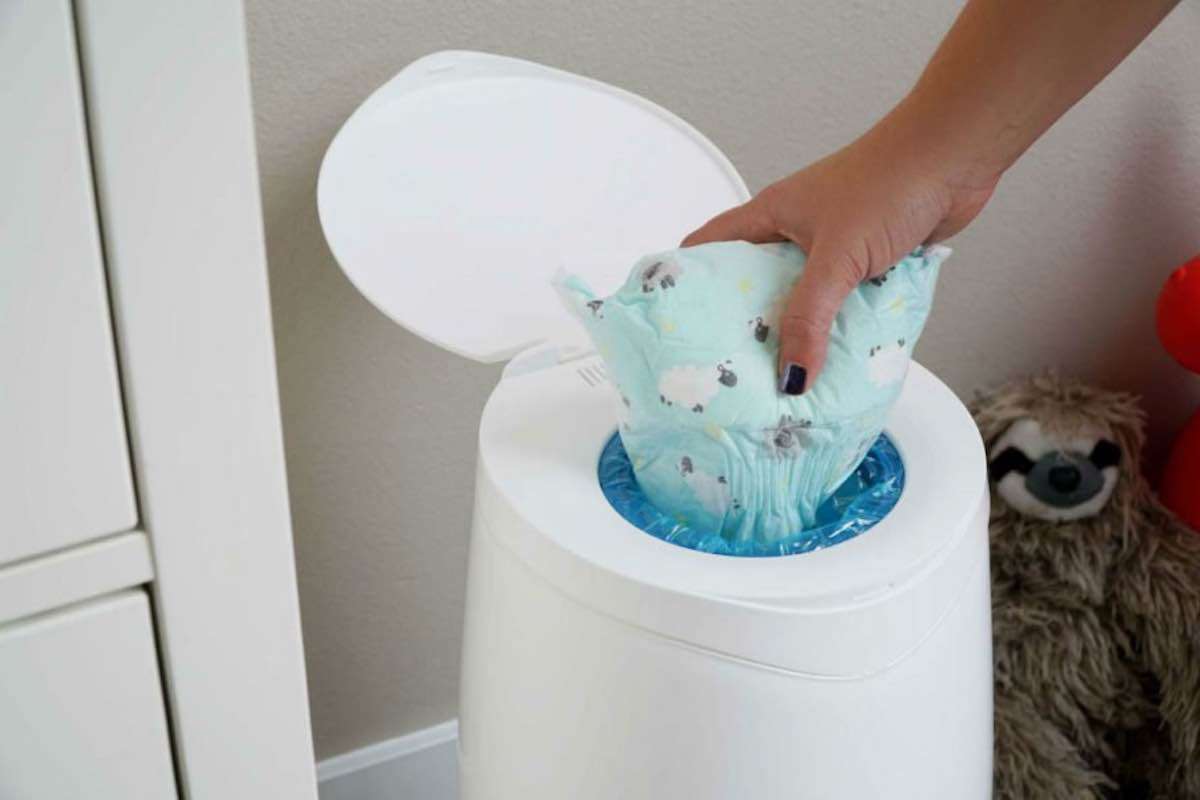Newly-Discovered Bacteria That Gobbles Up Pollutants Could Have a 'Big Impact on Climate Change'
The bacteria, which was first discovered back in 2017, has now been confirmed to be "particularly adept" at digesting toxic pollutants.

With billions of diapers ending up in landfills every year, researchers have been scrambling to find an efficient way to recycle the wasteful product. Finally, a team of scientists have found an easy solution.
Researchers at Chung Hua University in Taiwan have created a user-friendly machine that can turn 220 pounds of dirty diapers into clean, raw materials in a single hour. The team is now working on developing their prototype into a larger facility that can recycle over 10 tons of dirty diapers in a single day.
The machine sanitizes the soiled diapers on-site. Then, through a special process called stratification, the machine separates and salvages all the reusable materials in the products, such as fluff pulp, sodium polyacrylate and polyethylene. The raw materials can then be taken to a recycling center where they can be reused to make things like cardboard, paper, absorbent pads, and more diapers.
Reusing these materials is estimated to save roughly 864,000 trees every year. Plus, the machine uses less water than the average toilet.
Currently, dirty diapers make up between 3 and 5% of the world's garbage. Some diapers can take up to 400 years to decompose – and even "biodegradable" diapers take 50 years to fully degrade.
If dirty diapers are not buried in landfills, then they are simply incinerated, which means that all of the toxic pathogens and chemicals used in the products are then sent into the atmosphere. Additionally, incinerators produce thousands of tons of harmful carbon emissions per 10 tons of diapers.
Implementing this innovative and cost-effective machine in day care centers and assisted living facilities around the world would finally help to clean up one of the most problematic additions to landfills today.
(WATCH the video below to see how the machine works)
Clean Up Negativity By Sharing This Good News With Your Friends – Photo by Chung Hua University
Be the first to comment